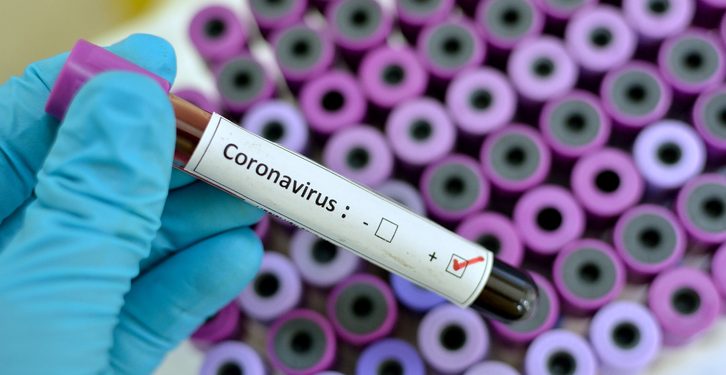The Food and Drugs Authority (FDA) says it has neither registered nor recognised any rapid diagnoses test (RDT) kits for self-testing in the country.
It said not even the World Health Organisation (WHO) had approved any RDT for use and, therefore, cautioned the public to be wary of any RDT kits.
Speaking in an interview in Accra today, the Head of Medical Devices Department of the FDA, Mr Joseph Yaw-Bernie Bennie, said for now, only the Polymerase Chain Reaction (PCR) test was the recommended one and that was what the Noguchi Memorial Institute for Medical Research in Accra and the Kumasi Centre for Collaborative Research in Kumasi were using.
Request for registration
He said currently, over 100 companies and institutions had approached the FDA to allow them to bring in RDTs from China, South Korea and other places with one of them requesting to be allowed for local mass production of the RDT kits in partnership with a foreign partner.
“Since the outbreak of the pandemic in the country, a lot of people have made enquiries and the possibility of bringing in the RDT kits for testing on the COVID-19. Ordinarily, it is a good thing because the WHO is recommending that we should do mass testing.
“But we do not want to do test and give false positives and false negatives. So, there is the need to make sure that the tool you are using for testing is correct,” Mr Bennie explained.
Best practices
He added that the COVID-19 was a novel virus which the scientist community was not very conversant with, “and almost everybody relies on good test cases.”
Mr Bennie expressed concern that there was a lot of information being churned out, most of which was not correct, adding that Ghana was doing a lot of international collaboration to ensure that whatever the Ghanaian scientists were doing was good.
“Let me tell you that as of now that we are talking, WHO has not come out with any pre-qualified RDT that we can run with because it is not available as of now,” he said giving the assurance that if there was any RDT, Ghana would have been the first to go for them.
Limitations
Mr Bennie said the RDT kits were available, but explained that they had limitations and that it was not advisable to patronise them because even after using it, “you still have to go for a confirmation test using the PCR, which gives precise results as to whether the person has it or not.”
He said while the PCR gave accurate information of the presence of the virus in a person, the current RDT kits available gave an indication and, therefore, required a confirmation test as to whether the person had it or not.
No registration
“So the Ministry of Health says for now, it is only PCR and so now, the ministry says we should not register any RDT for now,” he stated, adding that things could change in the course of time.
Mr Bennie, therefore, asked Ghanaians to tread cautiously and remain calm while those mandated to find solutions too play their part, adding that when it becomes necessary for the use of the RDT based on the recommendations from the WHO, it would be done.
He stated that the current state of the RDT would create anxiety and fear since the kits could not give full confirmation of the virus in people.
Mr Bennie said the use of RDT could be counterproductive since it could indicate negative when in actual fact the person would be positive and the vice versa.
Observation of protocols
He mentioned that for now, the testing was restricted to only suspected cases and not mass testing as an option and advised Ghanaians to rather concentrate more on the frequent hand washing under running water and the observation of all the protocols.
Additionally, he recommended that people should observe the social distance the President announced and when it was not pressing, people should limit movement, “since we are told that the virus does not move, people move it. We stop moving, the virus stops moving, the virus dies.”

